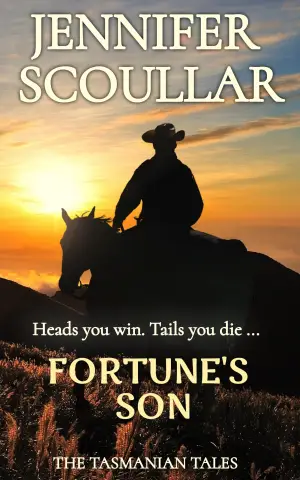We Were Once a Family: A Reflection on Loss and Systemic Failure
When I first picked up We Were Once a Family: A Story of Love, Death, and Child Removal in America by Roxana Asgarian, I was drawn to the haunting promise of unearthing the lives of Markis, Hannah, Abigail, Devonte, Jeremiah, and Ciera—young souls removed from their families and tragically lost. This weighty narrative caught my attention not only for its grim topic but also because it serves as a much-needed counternarrative to the sensationalist true crime coverage that has too often overshadowed the actual victims of this harrowing story. As part of my home library’s Read More in 2024 Challenge, which urges us to select award-winning books, I hoped this reading would shed light on the complexities often ignored in stories like these.
Asgarian meticulously reconstructs the lives of these children, urging readers to reflect on their vibrant existence before a fateful twist interjected tragedy. The book makes it abundantly clear that these children were not abused until they fell into the hands of their adoptive parents, Jennifer and Sarah Hart, but were instead deeply loved by their birth families. This critical distinction reshapes how we understand neglect—rooted not as an inherent flaw in parenting, but as a product of societal exploitation and inequalities.
Asgarian’s prose captivates with its poignant simplicity, effectively capturing a mother’s struggle or a child’s bright laughter before plunging into the gut-wrenching aftermath of loss. The pacing felt just right—slow enough to allow the weight of grief to settle, yet swift enough to keep my heart racing as the narrative unfolded. A striking moment that resonated with me was when Asgarian described the Harts’ misguided sense of duty as rescuers: “Internalized legacies had tricked them into believing they were saving these children.” It’s an uncomfortable realization, one that mirrors the ongoing struggle against societal narratives that often glorify the oppressive structures that lead to such tragedies.
Moreover, the book doesn’t shy away from interrogating the systemic failures of Child Protective Services, revealing a bureaucracy driven by profit rather than genuine care. Asgarian explains how financial incentives push courts to strip parental rights from families, particularly those enduring poverty—an enraging uncovering that made me reflect on my own family’s experiences with the CPS. While I found a measure of privilege in my relatives’ encounters, the juxtaposition with the Hart case highlights a harsh reality and systemic injustice.
Reading We Were Once a Family, I felt compelled to reflect on my commitment to social justice, especially regarding the ongoing fight against harmful family policing systems. It became evident that this isn’t just a story of six children but a call to action—a reminder that many others continue to be impacted by a cycle of trauma resulting from systemic neglect and abuse.
I wholeheartedly recommend this book to anyone who wishes to grapple with complex issues surrounding adoption, systemic failure, and the humanization of marginalized stories. It matters deeply in our current social landscape, making it an essential read for not just those interested in advocacy but for anyone wanting a better understanding of the hidden struggles beneath sensational headlines. Asgarian’s work resonated with me on a deeply personal level, and it’s a haunting reminder of how love can exist in the darkest corners of our society, waiting to be illuminated.
Discover more about We Were Once a Family: A Story of Love, Death, and Chil… on GoodReads >>






